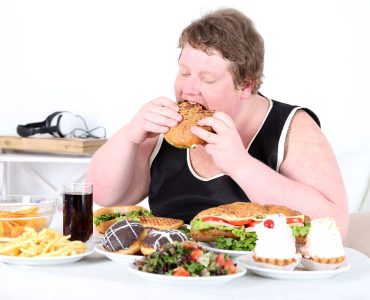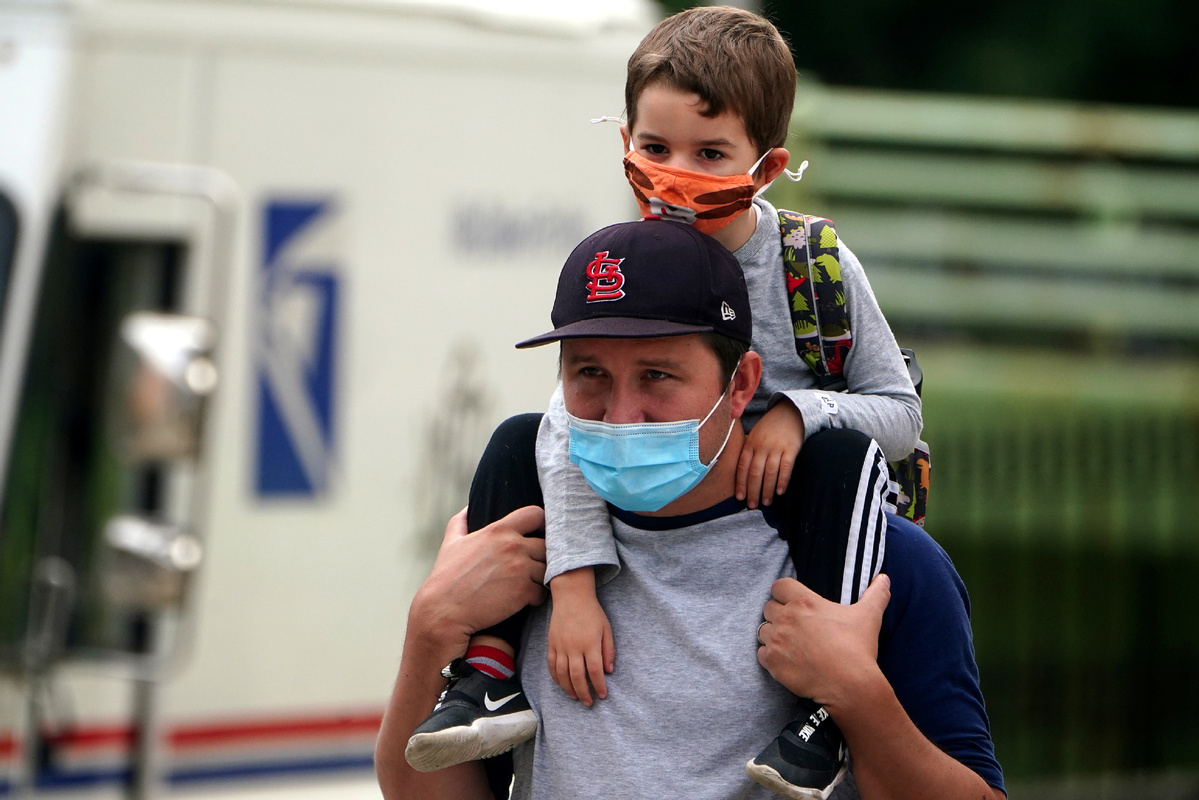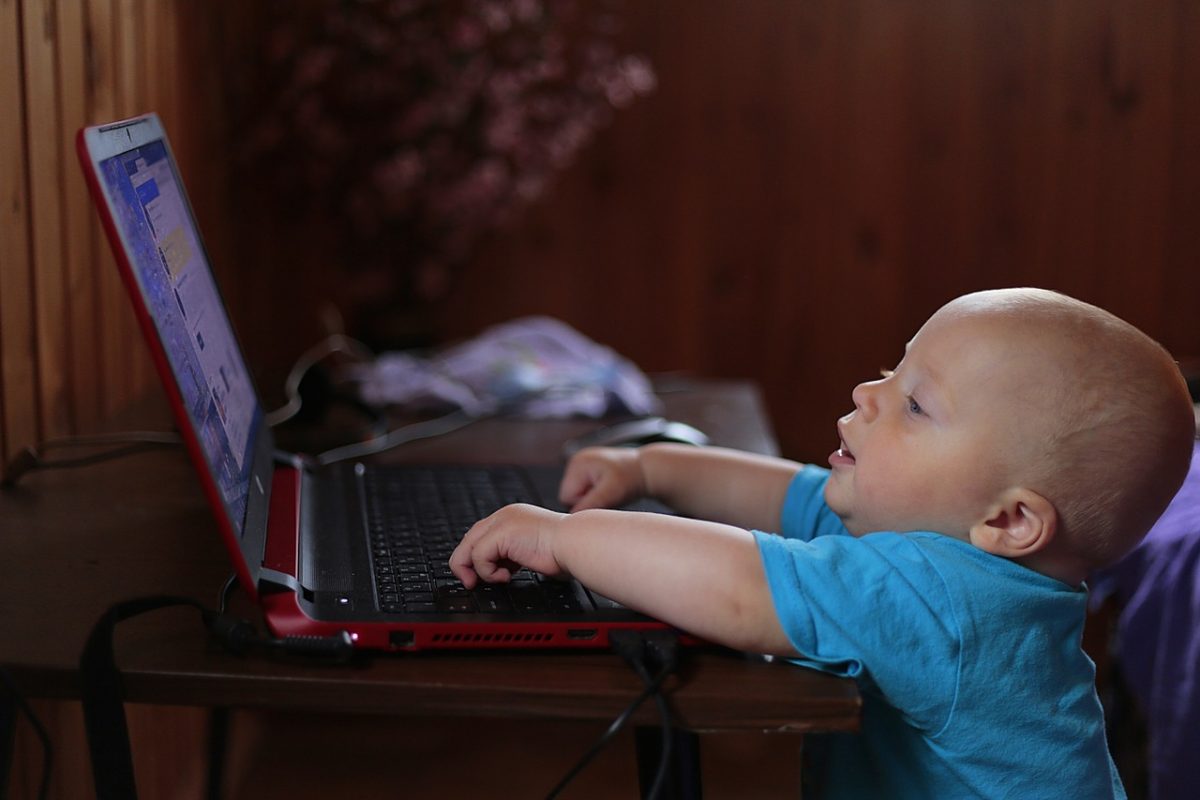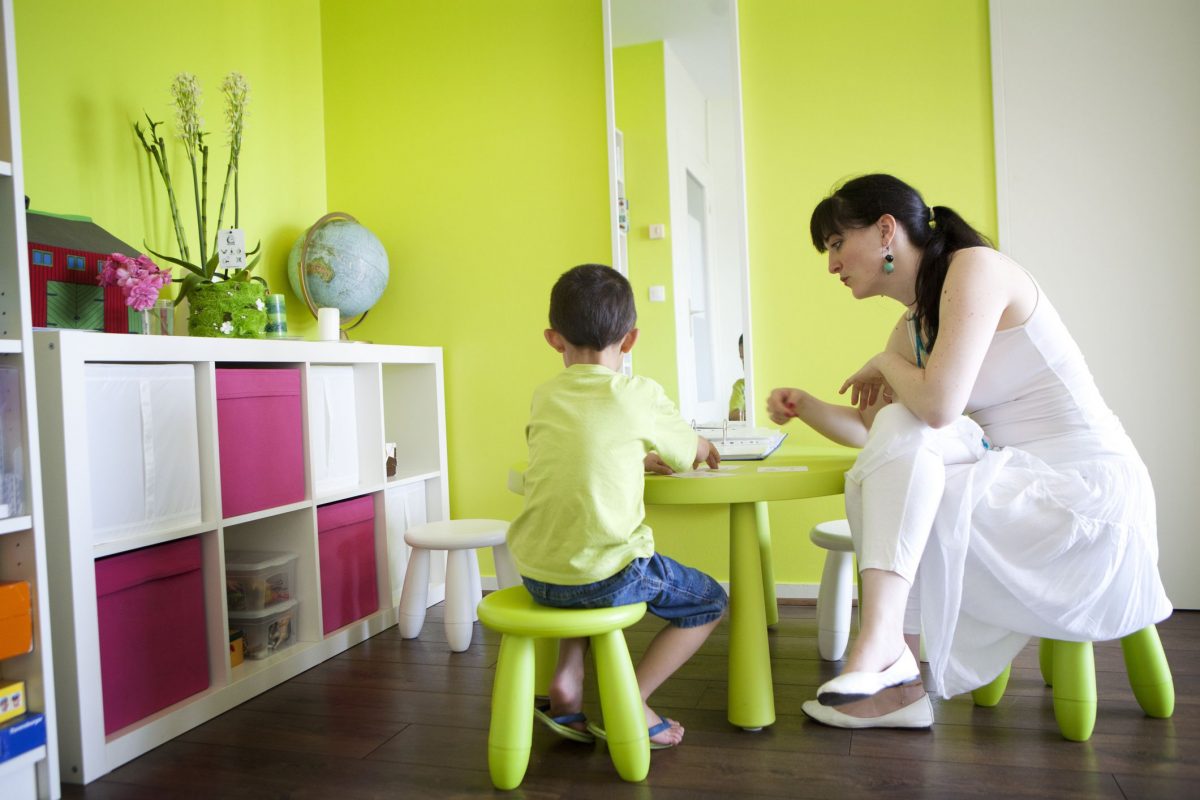The usage of Cannabidiol, CBD for short, is widespread today. Thanks to its healing and soothing properties, it’s quite the go-to natural remedy.
Despite the popularity, the law surrounding it is pretty gray– even regarding kids. It’s thus okay to get curious and ask: is it legal to give child CBD?
While CBD oil derived from hemp is legal for all ages under Canadian law, CBD derived from marijuana is only for adults.
The good news is that most cannabidiol products are made from hemp and contain little to no THC (the psychoactive compound found in marijuana).
However, you need to be aware of some restrictions around hemp-derived CBD for kids before giving it to your child. Read on to learn the legal lowdown on cannabidiol for kids in Canada so you can make the best choice for your family.
The Legality of CBD for Children in Canada
CBD, or cannabidiol, is a naturally occurring compound found in the cannabis plant. It is one of the many cannabis-derived compounds present in cannabis, with another well-known cannabinoid being THC (tetrahydrocannabinol). Unlike THC, CBD doesn’t contain THC, which means it doesn’t produce a psychoactive effect or make a person feel “high.”
The laws governing cannabidiol for kids can be confusing. Here’s what you need to know:
CBD derived from industrial hemp plants is legal under the Cannabis Act as long as it contains no more than 0.3% THC. This includes CBD oils, capsules, creams, and gummies. However, CBD from marijuana plants remains illegal for recreational use and requires a medical license.
CBD may be permitted for kids to treat medical conditions if they get it from a licensed producer and have a doctor’s recommendation. Some physicians may prescribe Epidiolex, an FDA-approved CBD drug for severe epilepsy. But a doctor’s guidance is recommended for general wellness or other conditions to determine a safe dosage and product.
Provinces have their own rules on the legal age to purchase CBD. But as a parent or guardian, you can legally obtain CBD for a minor if you manage the product. The most important thing is to buy from reputable brands that provide third-party test results showing the CBD and THC content. Look for “THC-free” or “zero THC” on the label or product description.
While CBD may benefit children, further research on its long-term effects is still needed. If you try CBD for your child, start with a low dose and monitor them carefully. Talk to their doctor about any concerns.
Health Canada’s Stance on CBD and Youth

Before you opt for cannabidiol treatment for your kids, it’s essential to understand Health Canada’s stance. Legally, CBD products cannot be sold or marketed to children in Canada.
Health Canada has approved medical marijuana for a few specific conditions, but only in adults. They have not approved CBD for use in minors due to a lack of research on the effects of CBD on children and youth. However, some pediatricians may still recommend CBD for children with severe epilepsy or other conditions as long as the benefits outweigh the risks.
If a doctor does recommend CBD as a medical cannabis treatment, they will typically start with a very low dose and slowly increase it while monitoring your child. The doctor will also likely advise using CBD oil or capsules, not gummies, vapes, or topicals.
The doctor should give guidelines on dosage, frequency, and how to properly store and administer CBD to your child. You’ll want to keep a detailed log of how much is given and the effects to report to the doctor.
Only purchase CBD from licensed producers to ensure it contains the CBD and THC listed on the label. Screening the labels also helps you screen for harmful contaminants. Some producers offer CBD specifically formulated for children in appropriate concentrations and doses.
If you ever choose CBD for your child’s medical needs, do so under the guidance of their doctor to ensure their health and safety. Your child’s well-being should be the top priority considering cannabidiol’s unproven medical claims and side effects.
Will My Child’s Doctor Recommend CBD?
We’ve established that CBD laws aren’t overarching. Moreover, the legal status of CBD for children in Canada is still nonexistent, so many doctors may not feel comfortable recommending CBD for kids.
But in some of these circumstances, it may occur:
Medical Cannabis
In Canada, physicians can prescribe medical cannabis for children, but CBD oil is not an approved medical treatment.
Some pediatricians may recommend CBD oil for children with severe, intractable epilepsy, especially those who have not responded well to traditional anti-seizure medications. Research also shows it may benefit children with Autism Spectrum Disorder, but the fings aren’t solid yet.
Researchers at SickKids hospital, for instance, found tolerability and safe dose for CBD or Epidiolex. This drug is often used to treat pediatric patients with drug-resistant epilepsy due to Dravet Syndrome. However, Epidiolex has side effects ranging from lack of appetite to elevated liver enzymes and sleep issues.
Clinical Trials
Some doctors may recommend enrolling your child in a clinical trial to study the effects of CBD oil. Clinical trials are highly regulated for safety and proper dosage.
Participating in a study may give you access to high-quality CBD oil formulated specifically for children. The data from these trials inform doctors and legislators about the benefits or risks of CBD for kids.
Home Use
If you want to give your child CBD oil at home, talk to their doctor first. Explain your reasons for trying it and ask if they have any recommendations or concerns. Be open to their guidance on dosage, product selection, potential side effects to watch for, and how to monitor your child properly.
Some doctors may not officially recommend CBD oil but will advise you to limit risks if you proceed. However, we don’t encourage self-medication.
While CBD is promising for some childhood conditions, more research on its effects on children is still needed. Always put your child’s health and safety first by talking to their doctor before giving them any cannabis product.
What Types of CBD Products Are Available for Kids?
There are several cannabidiol product options in Canada. The type you select depends on your child’s needs and personal preferences.
Oils and Tinctures
CBD oils and tinctures are popular choices for children. They come in various flavors like orange, berry, and mint to mask the natural hemp taste. You administer the oil by placing a few drops under your child’s tongue or adding it to a drink. Oils and tinctures allow for easy adjustment of the CBD dosage.
Capsules
CBD capsules or soft gels are convenient for kids who don’t mind swallowing pills. They contain a pre-measured dose of CBD oil in an easy-to-swallow capsule. But capsules are more challenging to adjust the dosage. It also takes longer for the body to absorb the CBD.
Gummies and Edibles
CBD gummies, cookies, chocolates, and other edibles are kid-friendly options. They taste great and make taking CBD seem less of a chore and more of a treat. However, edibles also take longer to kick in and are harder to regulate. Note: only purchase edibles labeled as THC-free to avoid any psychoactive effects.
Topicals
CBD creams, lotions, and balms should be applied directly to the skin to relieve chronic pain and inflammation. They are non-psychoactive and a good choice if your child doesn’t like the taste of CBD oil or wants to avoid ingesting it. The CBD is absorbed through the skin to provide localized relief.
How Much CBD Oil Should I Give My Child?
The dosage you will give your child depends on factors like age, size, and the severity of their symptoms. Always start with a low dose and gradually increase under the guidance of their doctor. The following factors affect CBD dosage:
Age and Weight
For most kids, the recommended starting dosage is 1 to 5 milligrams (mg) of CBD oil for every 10 pounds of body weight.
Hence, if your child weighs 50 pounds, you would give them 5 to 25 mg of CBD oil. The dosage can then be increased by 2 to 5 mg weekly until you notice improvements.
Product Potency
The potency or concentration of CBD oil varies quite a bit between products. CBD oil for kids usually has a lower potency, around 5 to 20% CBD, compared to adult products.
Choose an oil specifically formulated for children for potency and flavor. Always follow the dosage recommendations from your doctor.
Method of Administration
The easiest way for most children to take CBD oil is oral, using a dropper to place it under their tongue (sublingually) or mixing it into food and drinks.
CBD oil has an earthy, bitter taste, so mixing it into yogurt, pudding, or a smoothie may mask the flavor for picky kids. You can also try CBD gummies, capsules, or topical creams that appeal to children.
Whatever method you choose, carefully monitor your child for any side effects and talk to their doctor if needed.
CBD oil is safe for many children when given correctly and under medical guidance. But constantly research to make the best choice for your family.
Conclusion
Cannabidiol shows promise in helping kids with certain conditions. That doesn’t change the fact that laws around CBD and children can be confusing.
As with any supplement, you want to understand the potential benefits and risks before giving it to your child. Talk to their doctor, research, and check your provincial laws.
If CBD is legal where you are and you decide to try it, start with a low dose and slowly increase it to find the right amount. Monitor your child and report any side effects to their doctor right away.
Though CBD may not be a miracle cure, for some children, it could make a real difference in their quality of life when other options have failed.
But you must carefully weigh the pros and cons based on your child’s situation. The choice is ultimately up to you.




